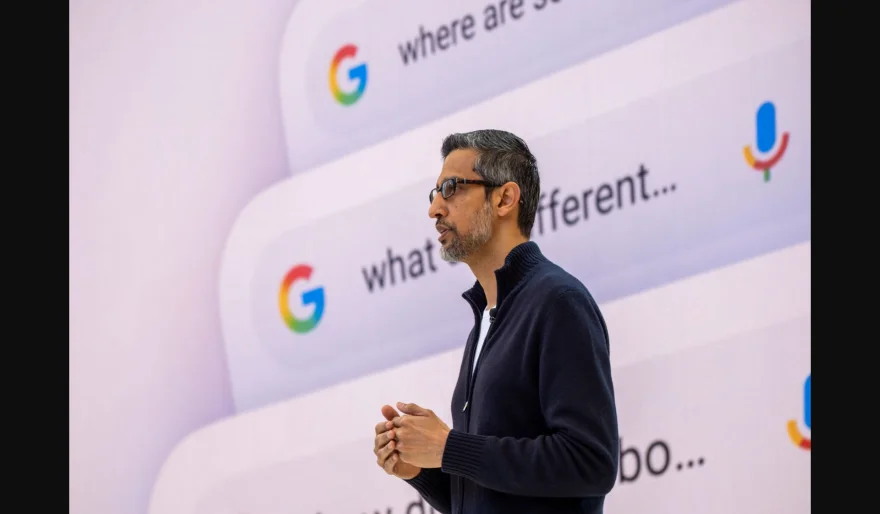Stay Ahead of the Curve
Latest AI news, expert analysis, bold opinions, and key trends — delivered to your inbox.
Judge Considers Curbs on Google as AI Dominance Faces Legal Scrutiny
4 min read A U.S. judge is weighing potential restrictions on Google in a major antitrust case that could reshape the future of AI. The outcome may limit Google's control over search defaults and data access — key advantages that fuel its dominance in the AI race. May 30, 2025 16:54
The landmark U.S. antitrust trial against Google has reached its final stage, with closing arguments beginning on Friday. At the heart of the case is whether Google unlawfully maintained its dominance in the online search market through default placement deals — but the implications stretch far beyond search. The outcome could directly shape the future of AI competition and innovation.
The U.S. Department of Justice argues that Google’s multi-billion-dollar agreements to be the default search engine on devices like Apple’s iPhone have cemented its monopoly, making it nearly impossible for new entrants to gain traction. This dominance not only secures Google’s $300+ billion advertising empire, but also gives it privileged access to user data, distribution channels, and training signals — key ingredients in today’s AI race.
Why It Matters for AI
This case is arguably the first major legal confrontation over the future of AI power structures:
-
Control of Foundational Data: Google’s search dominance feeds its AI models with real-world, real-time data. If courts force a change to how that data is accessed or how defaults are handled, it could open the door for new, privacy-focused or AI-native alternatives to emerge.
-
AI Infrastructure Monopoly: Beyond search, Google controls massive AI infrastructure — from TPUs and YouTube to Gmail and Chrome. A ruling that imposes structural or behavioral remedies could redefine access to these essential systems, making it easier for startups and open-source players to compete.
-
Precedent for AI Regulation: This case could set a legal precedent on how to regulate monopolistic behavior in AI development, influencing how future cases might handle power consolidation by other tech giants like Microsoft (OpenAI), Amazon, or Meta.
-
Innovation vs. Entrenchment: With AI becoming the default interface for search, productivity, and digital assistance, unchecked dominance by one player risks stifling innovation. The trial could shift that balance, especially as Google integrates its Gemini AI more deeply across products.
What’s Next?
Judge Amit Mehta is expected to issue a decision later this year. If the ruling goes against Google, potential remedies could range from banning default placement deals to structural changes in how Google operates Search and its adjacent products.
For the AI community, this is more than a legal showdown — it’s a moment that could reshape who gets to build, control, and benefit from the next generation of AI platforms.



















 AI Agents
AI Agents